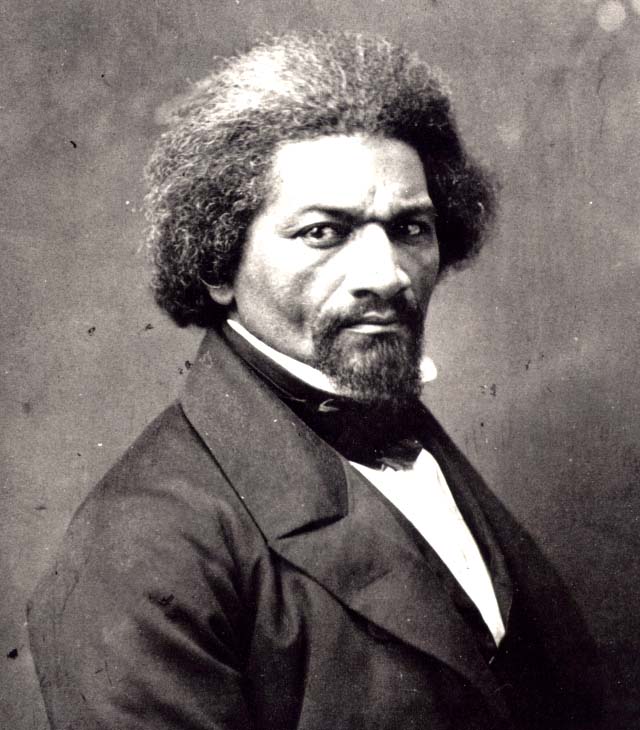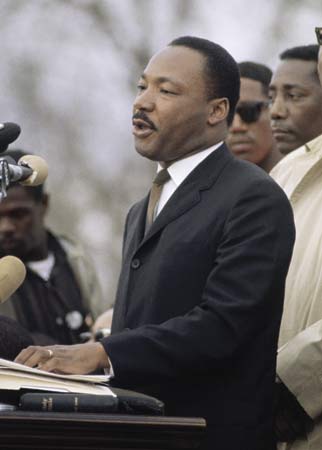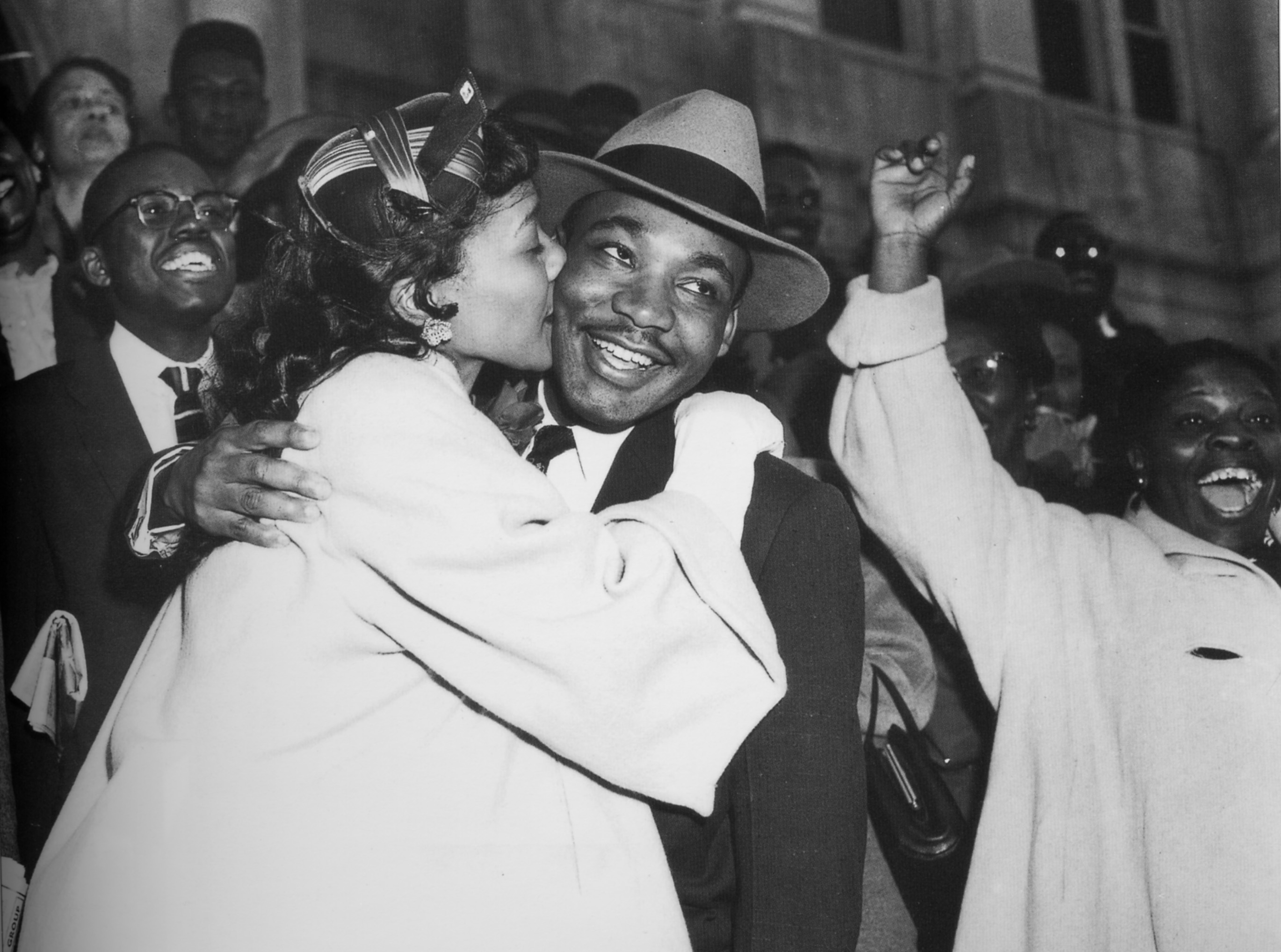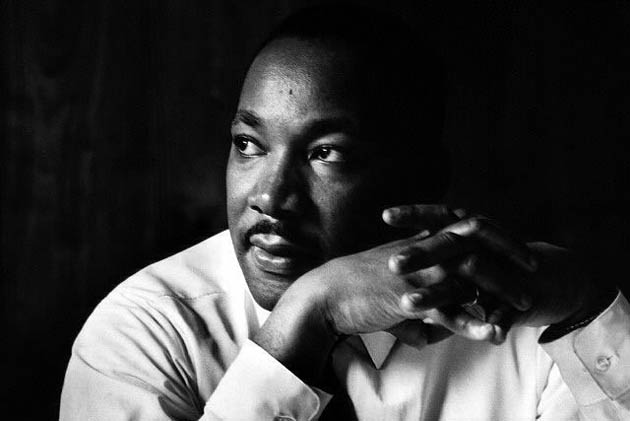Reagan aside, I do respectfully take issue with Greenberg’s prior Slate piece comparing Obama to a long list of well-meaning losers, including Adlai Stevenson and Bill Bradley. Greenberg writes: “Obama exhibits other elements of this Stevensonian style as well. It’s a style — an ideology, really — that links the quest for common ground with a language of enlightened reason. It disdains the passionate and sometimes ugly politics of backroom deals, negative campaigning, sordid tactics, and appeals to emotion. It extols sacrifice and denigrates self-interest…What he doesn’t seem to understand — as Stevenson did not — is that democratic politics fairly demands a measure of thrust and parry, of appeals to self-interest, and of playing the political game. And so does being a good president.“
I would argue that these constant appeals to individual self-interest is exactly what’s what wrong with Democrats today. Put simply, our civic life has nearly wasted away, with devastating consequences for the Left in this country.The major operative question our politics seeks to answer today is not “How should we live?” or “What can we accomplish together?” but “Where’s my stuff?” And, due to this narrow, limiting absorption with individual self-interest, lefty candidates of late have mostly based their proactive appeals on small-minded ideas like bribing elderly voters with prescription drug benefits and everyone else with tax cuts. That’s it? That’s all you’ve got?
As a result, more and more citizens are tuning out of the process completely. Without vision, the people perish. People find the grasping individualism at the center of politics today inherently unsatisfying, and they look for a deeper common purpose wherever they can find it. And, since Democrats too often can’t stop speaking in uninspiring technocratic policy-wonk, a consequence of their limited vision and ambitions, voters have been inclining in recent years toward the GOP, who at least offer a flawed but workable story, often rooted in gung-ho nationalism and unpacked ideas like “Freedom, Yeah!”, about who we are as a people. The story is everything (which is one main reason why I was drawn to American history in the first place.) To be successful, to be anything other than GOP-lite — a pathetic state we’ve been floundering in for decades — Democrats need to tell the nation a story about our shared history and our shared goals, and stop pandering to voters’ immediate self-interest all the live-long day.
Greenberg may argue that civic-mindedness in a political candidate is the province of losers, but I disagree — It’s all in the telling. After all, it was the extremely popular John F. Kennedy who reminded us to ask what you can do for your country, and his slain brother RFK obviously talked a great game in that respect too.
In this piece, Greenberg also discusses the retreat from the “the Mugwumps’ and Progressives’ moral uplift in favor of a pragmatic approach” under FDR. (This is also the ground my dissertation covers.) And, yes, the broker-state model of governance honed by the New Deal worked for a long time. More importantly, the idea of interest-group pluralism it cultivated has had many critically important successes to its name, not the least the civil rights revolutions of the past few decades (although those too have a strong civic component — MLK’s “I Have a Dream” speech makes it explicit: “I have a dream that one day this nation will rise up and live out the true meaning of its creed…And if America is to be a great nation, this must become true.” This is not the language of self-interest but an appeal to a shared narrative as Americans.)
But I would argue that the enthronement of individual self-interest above all else in politics has reached its logical endpoint, and as a result our system is on the verge of falling apart — half the country doesn’t vote, money constantly bends the rules and everyone knows it, people are losing the inclination (or even the capacity) to act as informed, independent citizens. Indeed, you could argue Hillary Clinton’s failure with health care reform in the nineties exemplified the problem with broker-state leadership: When setting out to confront the issue, the Clintons cut everyone in on the deal, from insurance companies to HMOS to the AMA, in true broker-state fashion. As a result, no reform at all was forthcoming.
This was mainly because, as I’ve said before, the individualistic/broker state model of liberalism has no theory for coping with corporate power — It serves the wants, needs, and interests of consumers, what’s wrong with that? But a civic-minded progressive would argue that there are more important goals than the sating of individual desire, that the government is an expression of our common aspirations and should be more than just a dispensing machine, and that undue corporate influence over — and outright corruption in — our political affairs in fact represents a dire threat to the republic and to our way of life.
The progressive idea of citizenship both offers and demands higher aspirations of people than the lowest common denominator of individual self-interest that both parties appeal to today. We’re fast becoming a society where freedom is measured at best by what choices we make, but more often by what we can own as consumers. Progressives envison a society where freedom is also measured by what we can accomplish as citizens. Ultimately, freedom isn’t a state of being — it’s a state of becoming, of improvement, of progress. A political candidate who could tap into this progressive vein, I think, could inspire people like they haven’t been inspired by politics in a good long while. So, this is my crux of disagreement with Greenberg here — I don’t subscribe to the notion that common-good, public-interest progressivism is inherently a losing proposition. Quite the contrary.
Still, Greenberg’s article does a solid job of delineating the origins of Obama’s progressive appeal, and, at the very least, we agree that Obama is considerably more progressive than Clinton.




